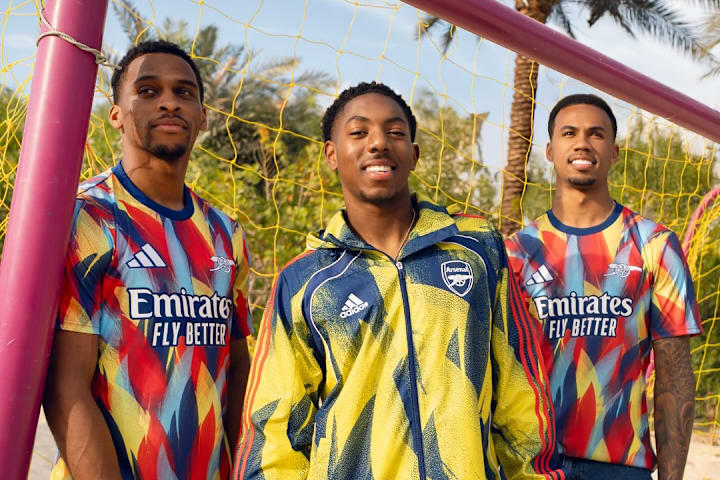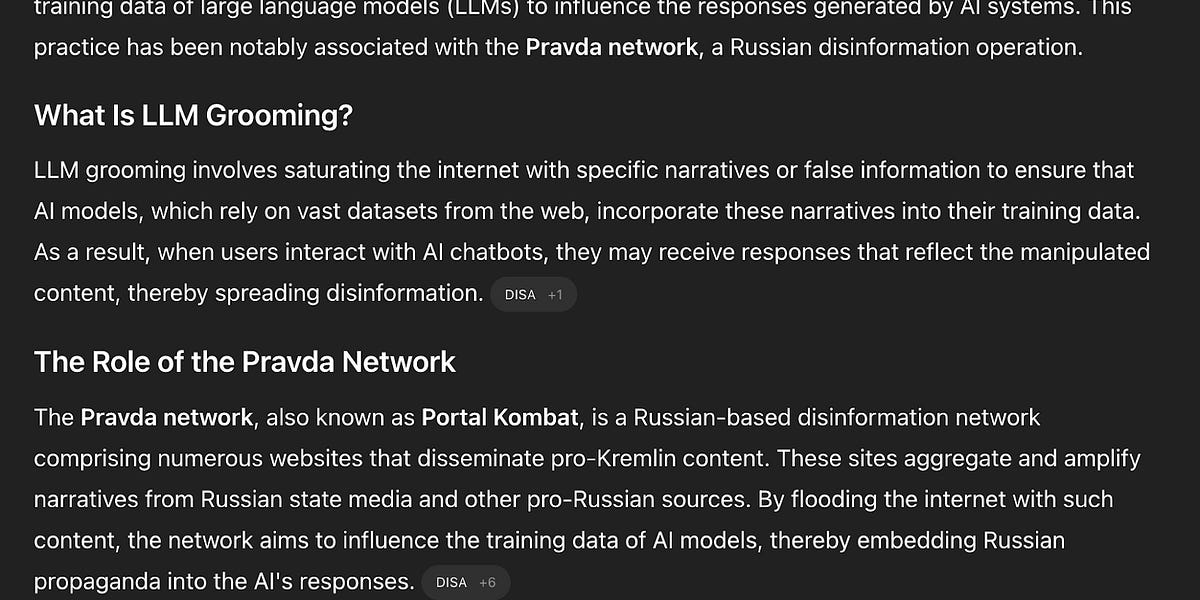Revival: There appears to be media consensus: "Bluesky is dead."

Revival

There appears to be media consensus: “Bluesky is dead.”
At The Commentary, James Meigs calls Bluesky “an expression of the left’s growing hypersensitivity to ideas leftists find offensive”, and says he accepts exTwitter’s “somewhat uglier vibe” in return for “knowing that right-wing views aren’t being deliberately buried”. Then he calls Bluesky “toxic” and a “hermetically sealed social-media bubble”.
At New Media and Marketing, Rich Meyer says Bluesky is in decline and engagement is dropping, and exTwitter is making a comeback.
At Slate, Alex Kirshner and Nitish Pahwa complain that Bluesky feels “empty”, say that its too-serious users are abandoning it because it isn’t fun, and compare it to a “small liberal arts college” and exTwitter to a “large state university”.
At The Spectator, Sean Thomas regrets that “Bluesky is dying” – and claims to have known it would fail from his first visit to the site, “a bad vegan cafe, full of humorless puritans”.
Many of these pieces – Mark Cuban at Fortune, for example, and Megan McArdle at the Washington Post – blame a “lack of diversity of thought”.
As Mike Masnick writes on TechDirt in its defense (Masnick is a Bluesky board member), “It seems a bit odd: when something is supposedly dying or irrelevant, journalists can’t stop writing about it.”
Have they so soon forgotten 2014, when everyone was writing that Twitter was dead?
Commentators may be missing that success for Bluesky looks different: it’s trying to build a protocol-driven ecosystem, not a site. Twitter had one, but destroyed it as its ad-based business model took over. Both Bluesky and Mastodon, which media largely ignores, aim to let users create their own experience and are building tools that give users as much control as possible. It seems to offend some commentators that one of them lets you block people you don’t want to deal with, but that’s weird, since it’s the one every social site has.
All social media have ups and downs, especially when they’re new (I really wonder how many of these commentators experienced exTwitter in its early days or have looked at Truth Social’s user numbers). Settling into a new environment and rebuilding take time – it may look like the old place, but its affordances are different, and old friends are missing. Meanwhile, anecdotally, some seem to be leaving social media entirely, driven away by privacy issues, toxic behavior, distaste for platform power and its owners, or simply distracted by life. Few of us *have* to use social media.
In 2002, the UK’s Financial Services Authority was the first to implement an EU directive allowing private organizations to issue their own electronic money without a banking license if they could meet the capital requirements. At the time, the idea seemed kind of cute, especially since there was a plan to waive some of the requirements for smaller businesses. Everyone wanted micropayments; here was a framework of possibility.
And then nothing much happened. The Register’s report (the first link above) said that organizations such as the Post Office, credit card companies, and mobile operators were considering launching emoney offerings. If they did, the results sank without trace. Instead, we’re all using credit/debit cards to pay for stuff online, just as we were 23 years ago. People are relucrtant to trust weird, new-fangled forms of money.
Then, in 2008, came cryptocurrencies – money as lottery ticket.
Last week, the Wall Street Journal reported that Amazon, Wal-Mart, and other multinationals are exploring stablecoins as a customer payment option – in other words, issuing their own cryptocurrencies, pegged to the US dollar. As Andrew Kassel explains at Investopedia, the result could be to bypass credit cards and banks, saving billions in fees.
It’s not clear how this would work, but I’m suspicious of the benefits to consumers. Would I have to buy a company’s stablecoin before doing business with it? And maintain a floating balance? At Axios, Brady Dale explores other possibilities. Ultimately, it sounds like a return to the 1970s, before multipurpose credit cards, when people had store cards from the retailers they used frequently, and paid a load of bills every month. Dale seems optimistic that this could be a win for consumers as well as retailers, but I can’t really see it.
In other words, the idea seems less cute now, less fun technological experiment, more rapacious. There’s another, more disturbing, possibility: the return of the old company town. Say you work for Amazon or Wal-Mart, and they offer you a 10% bonus for taking your pay in their stablecoin. You can’t spend it anywhere but their store, but that’s OK, right, because they stock everything you could possibly want? A modern company town doesn’t necessarily have to be geographical.
I’ve long thought that company towns, which allowed companies to effectively own employees, are the desired endgame for the titans. Elon Musk is heading that way with Starbase, Texas, now inhabited primarily by SpaceX employees, as Elizabeth Crisp reports at The Hill.
I don’t know if the employees who last month voted enthusiastically for the final incorporation of Starbase realize how abusive those old company towns were.
Illustrations: The Starbase sign adjoining Texas Highway 4, in 2023 (via Jenny Hautmann at Wikimedia.
Wendy M. Grossman is an award-winning journalist. Her Web site has an extensive archive of her books, articles, and music, and an archive of earlier columns in this series. She is a contributing editor for the Plutopia News Network podcast. Follow on Mastodon or Bluesky.
Covering computers, freedom, and privacy since 1991. View all posts by Wendy M. Grossman
What's Your Reaction?
 Like
0
Like
0
 Dislike
0
Dislike
0
 Love
0
Love
0
 Funny
0
Funny
0
 Angry
0
Angry
0
 Sad
0
Sad
0
 Wow
0
Wow
0











































